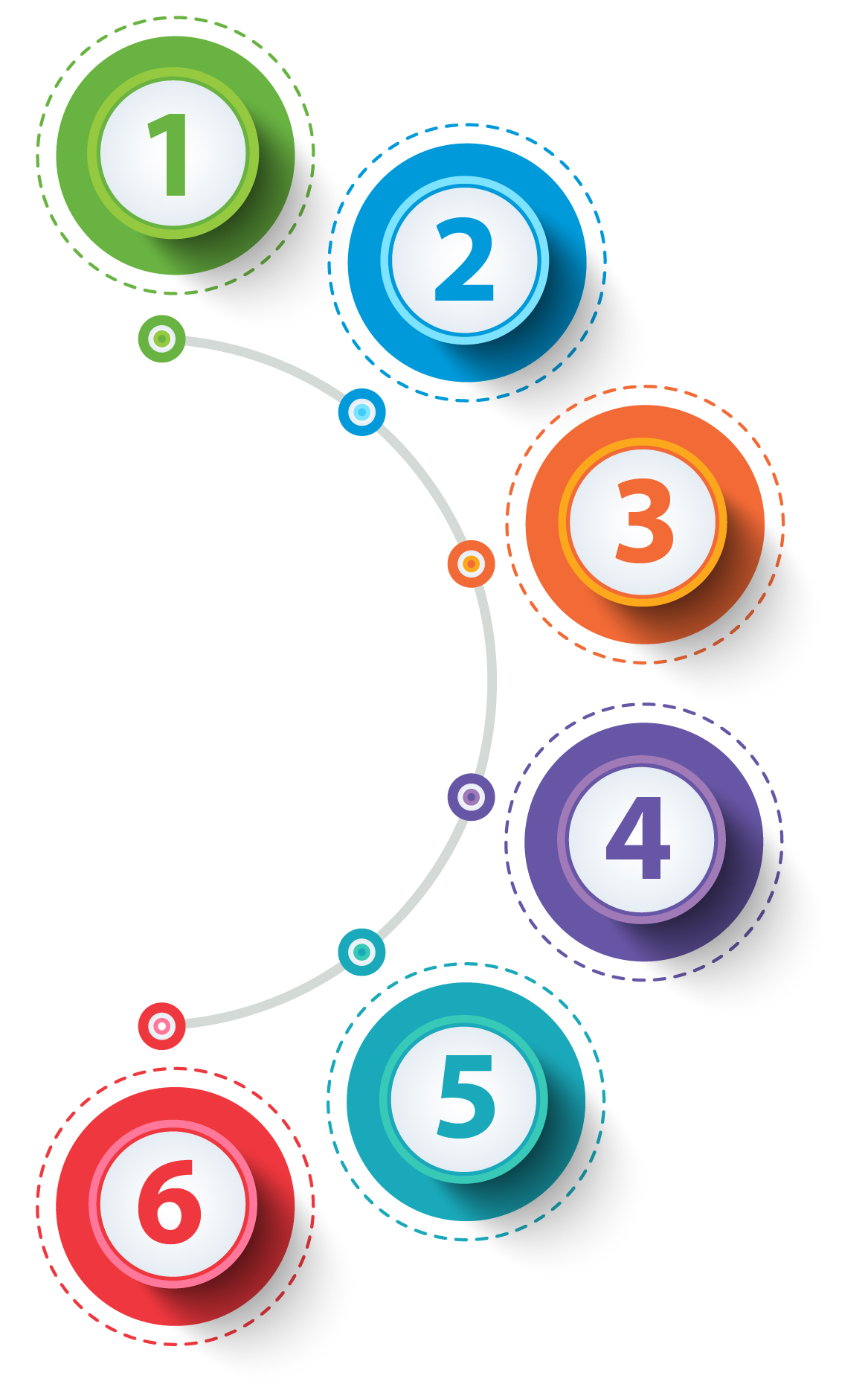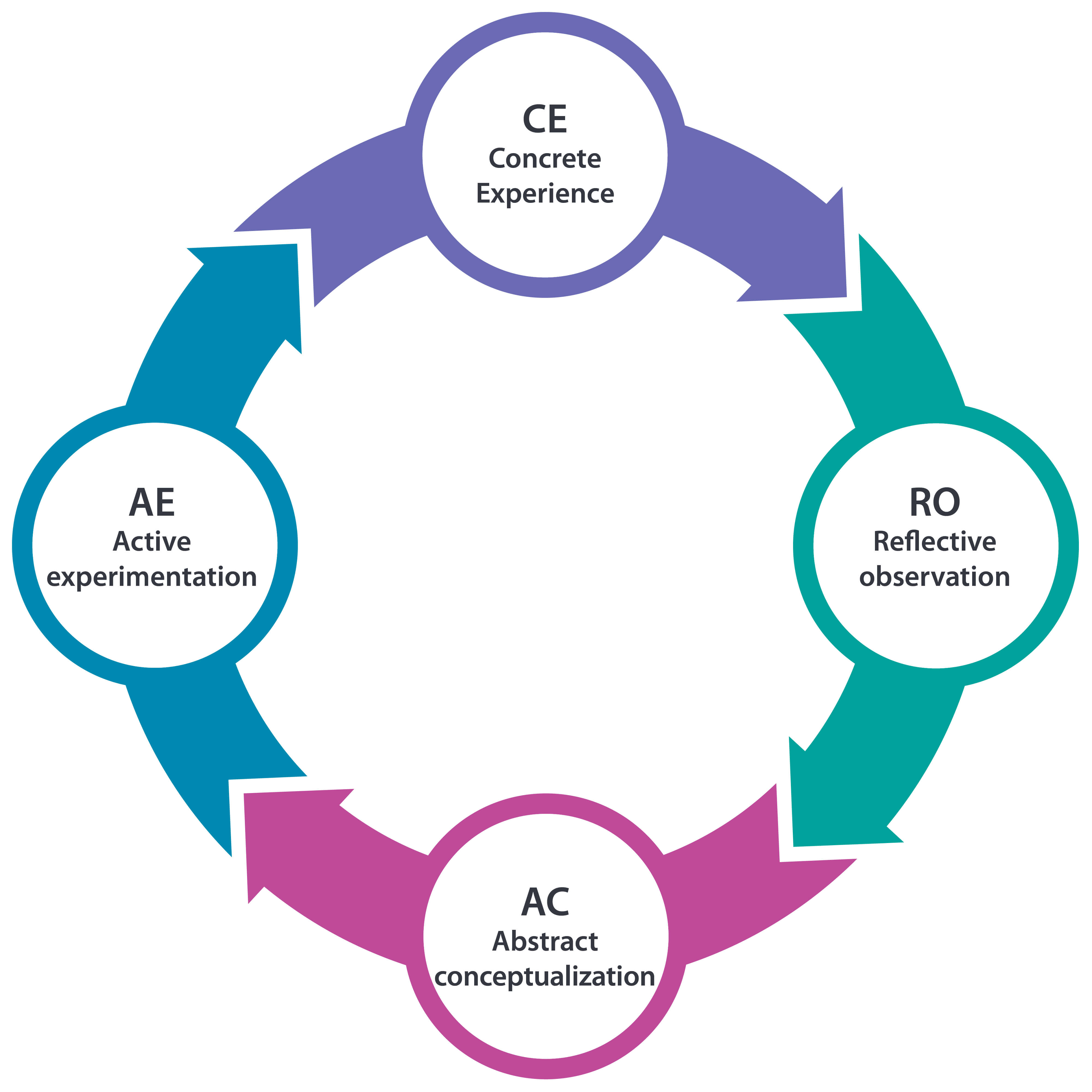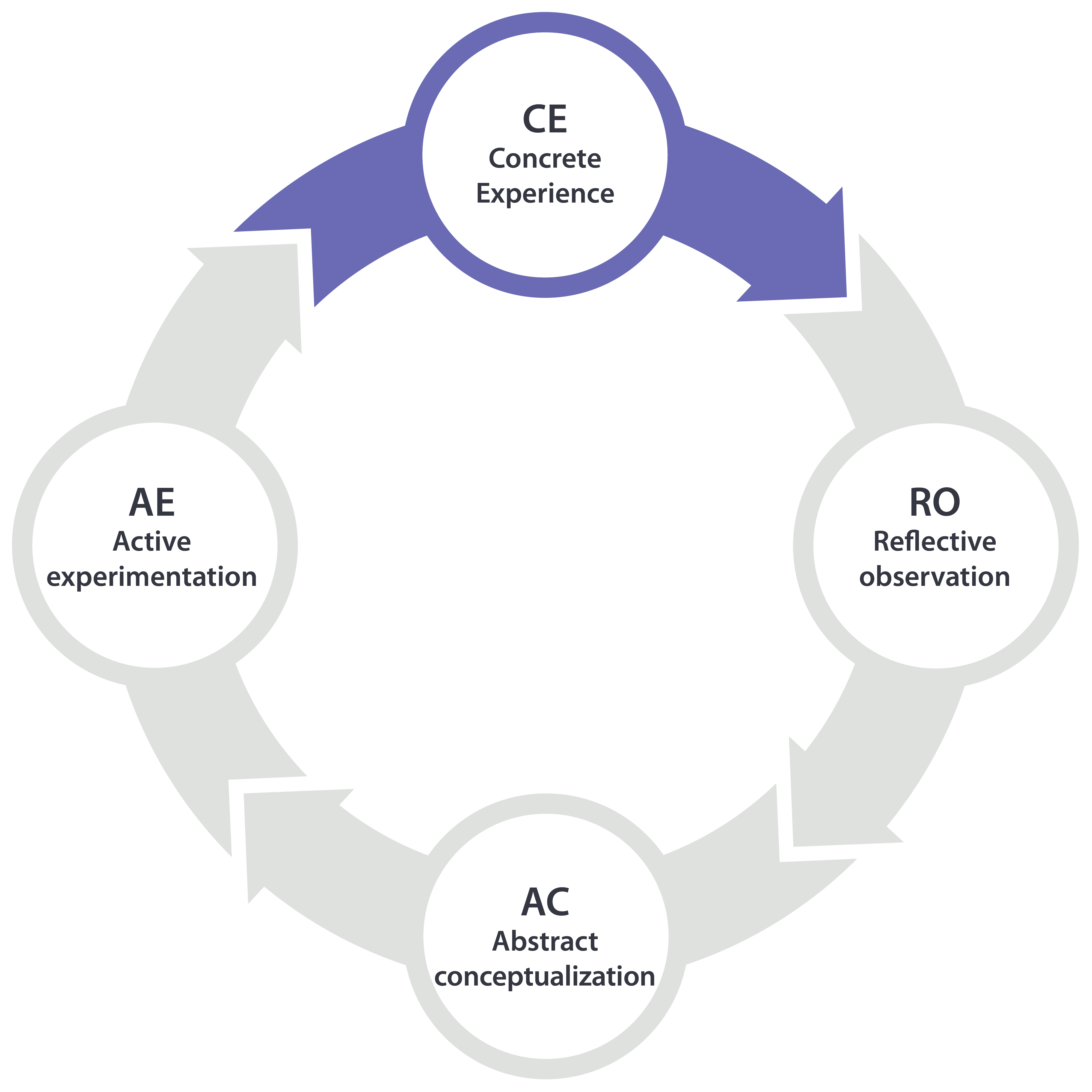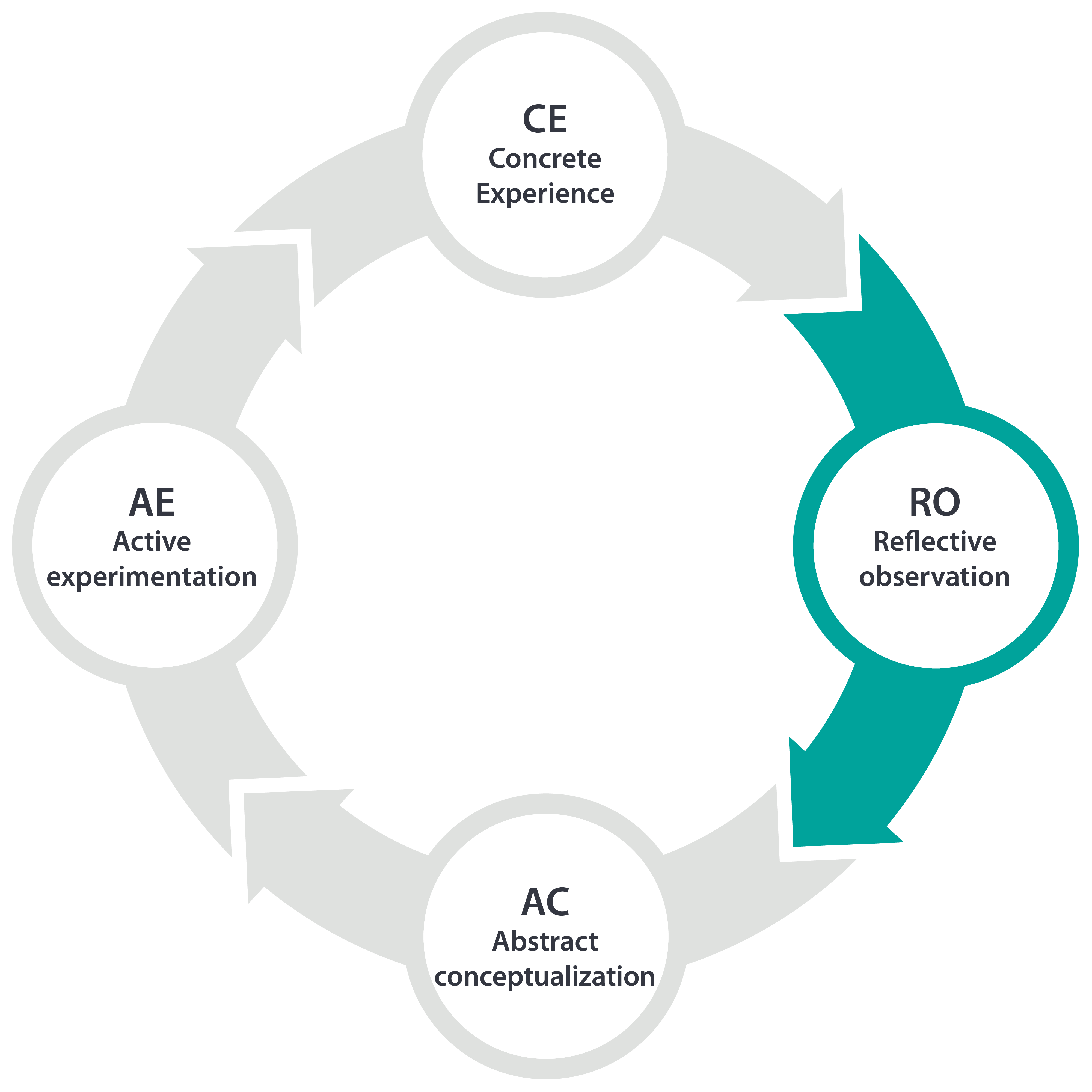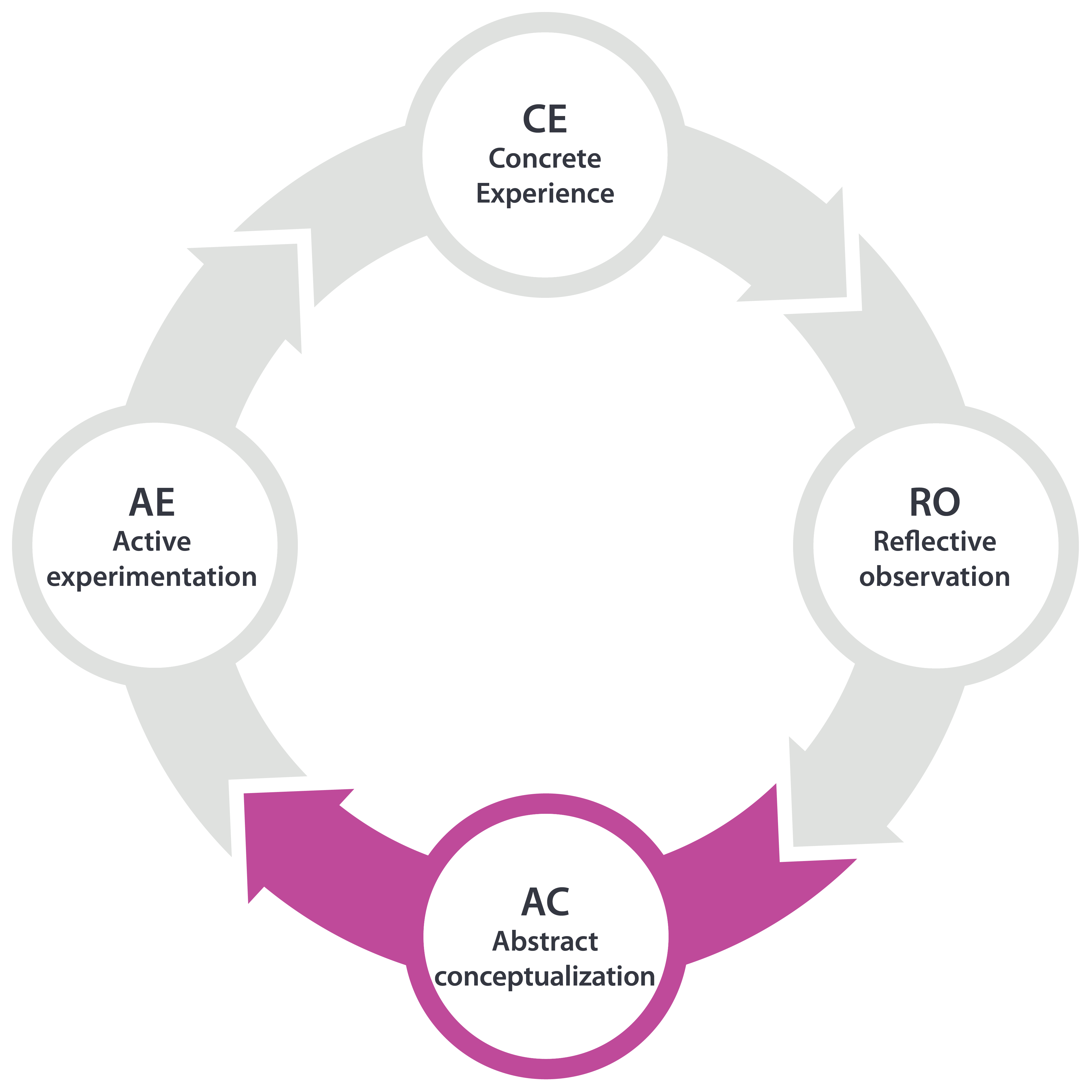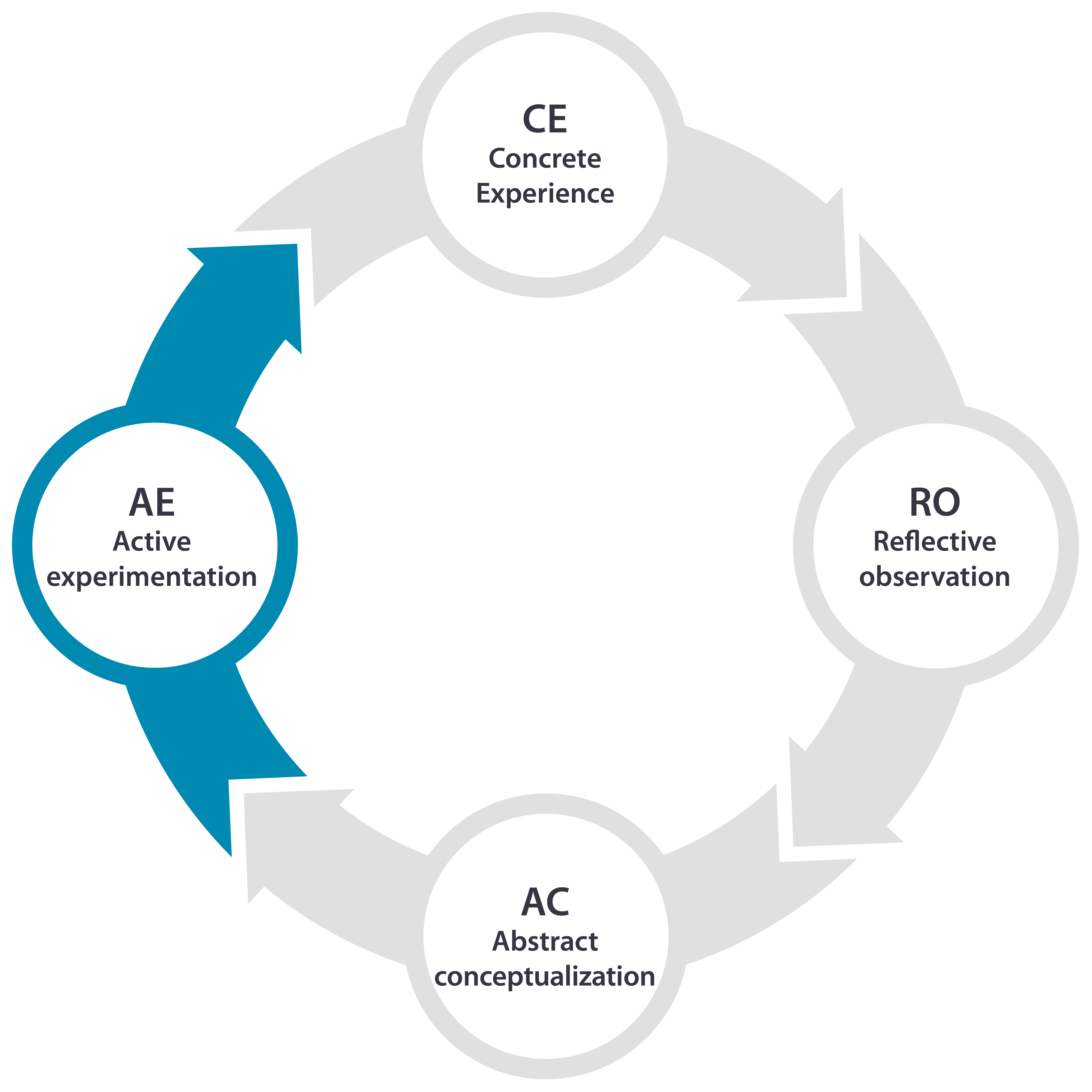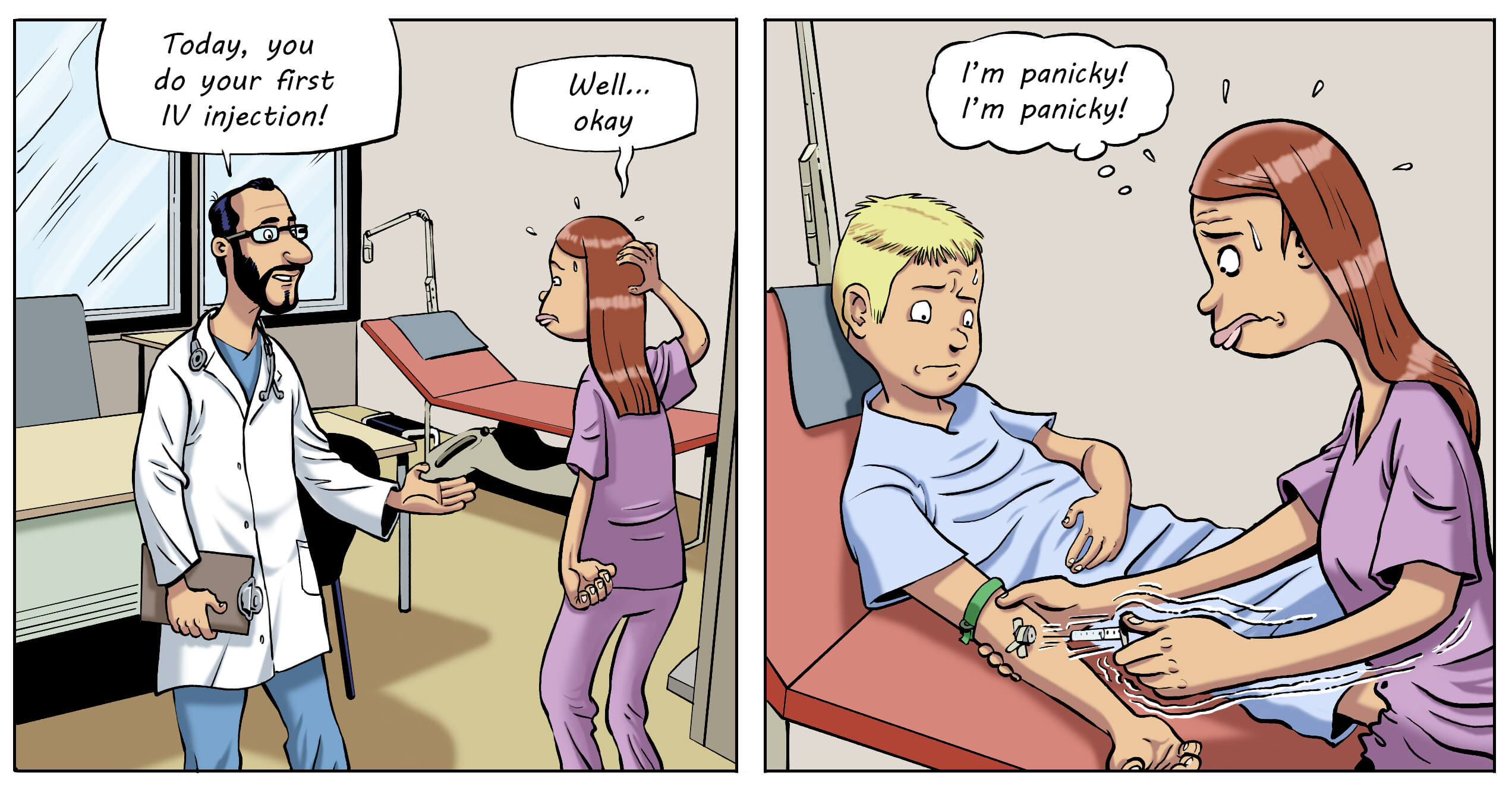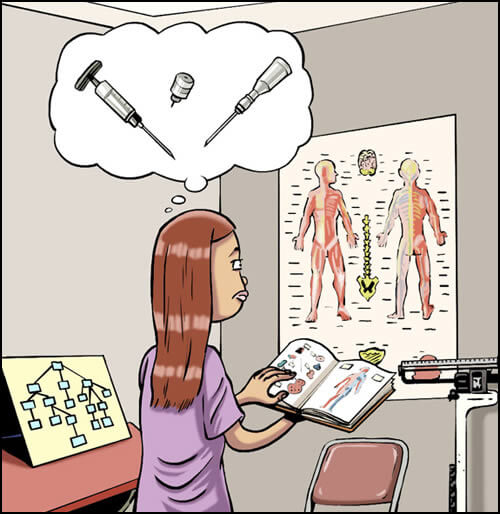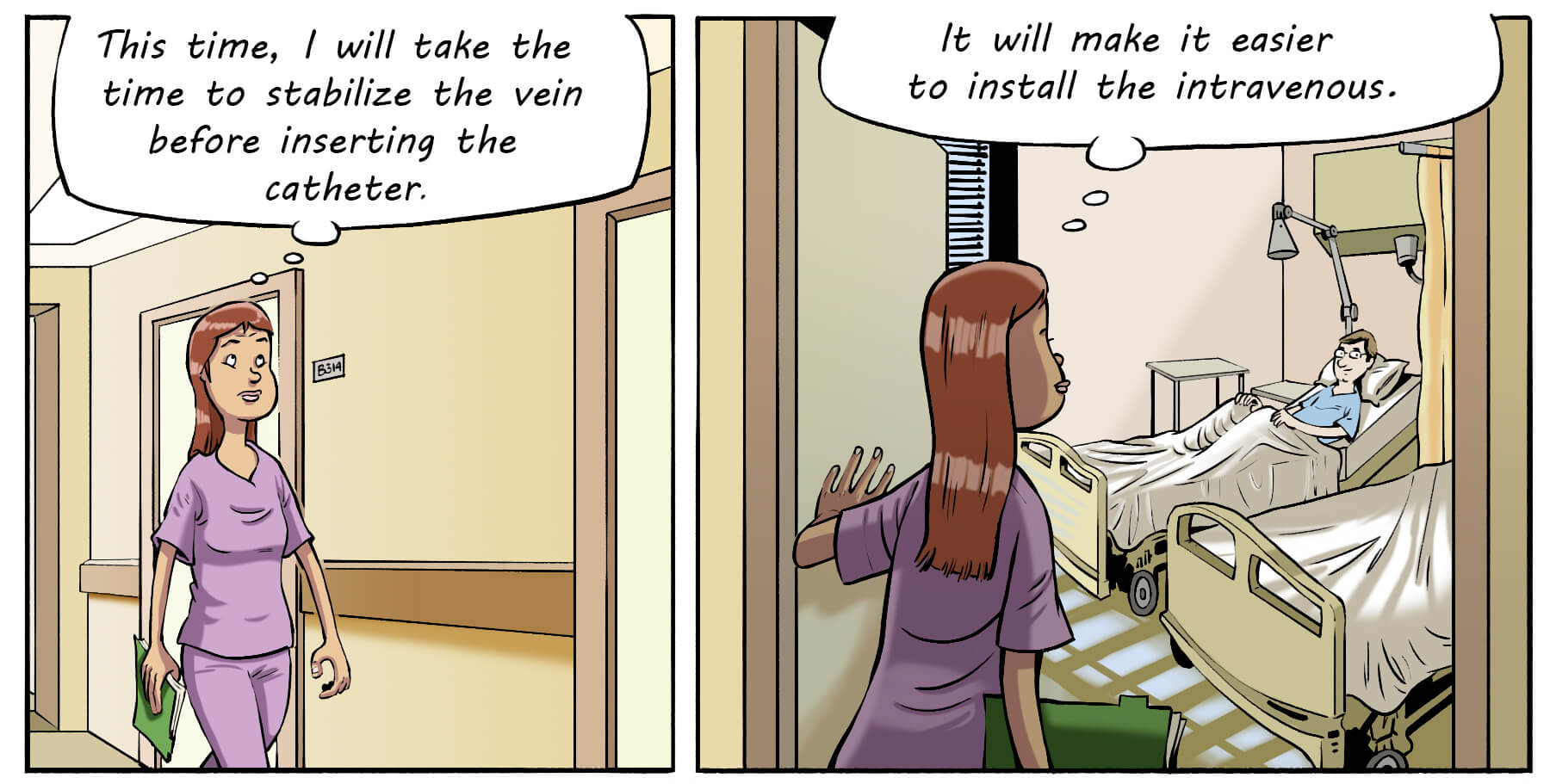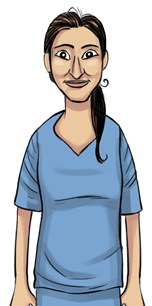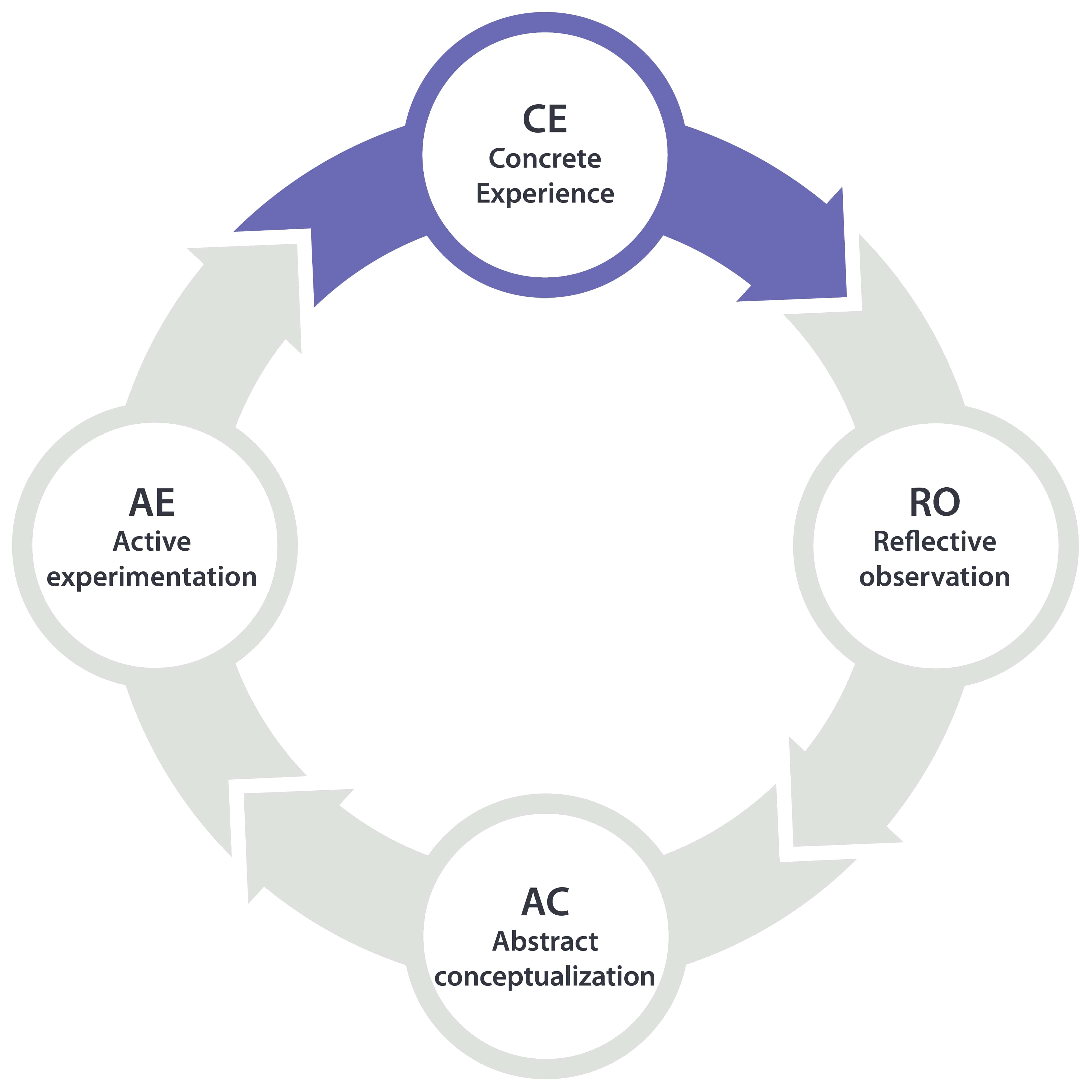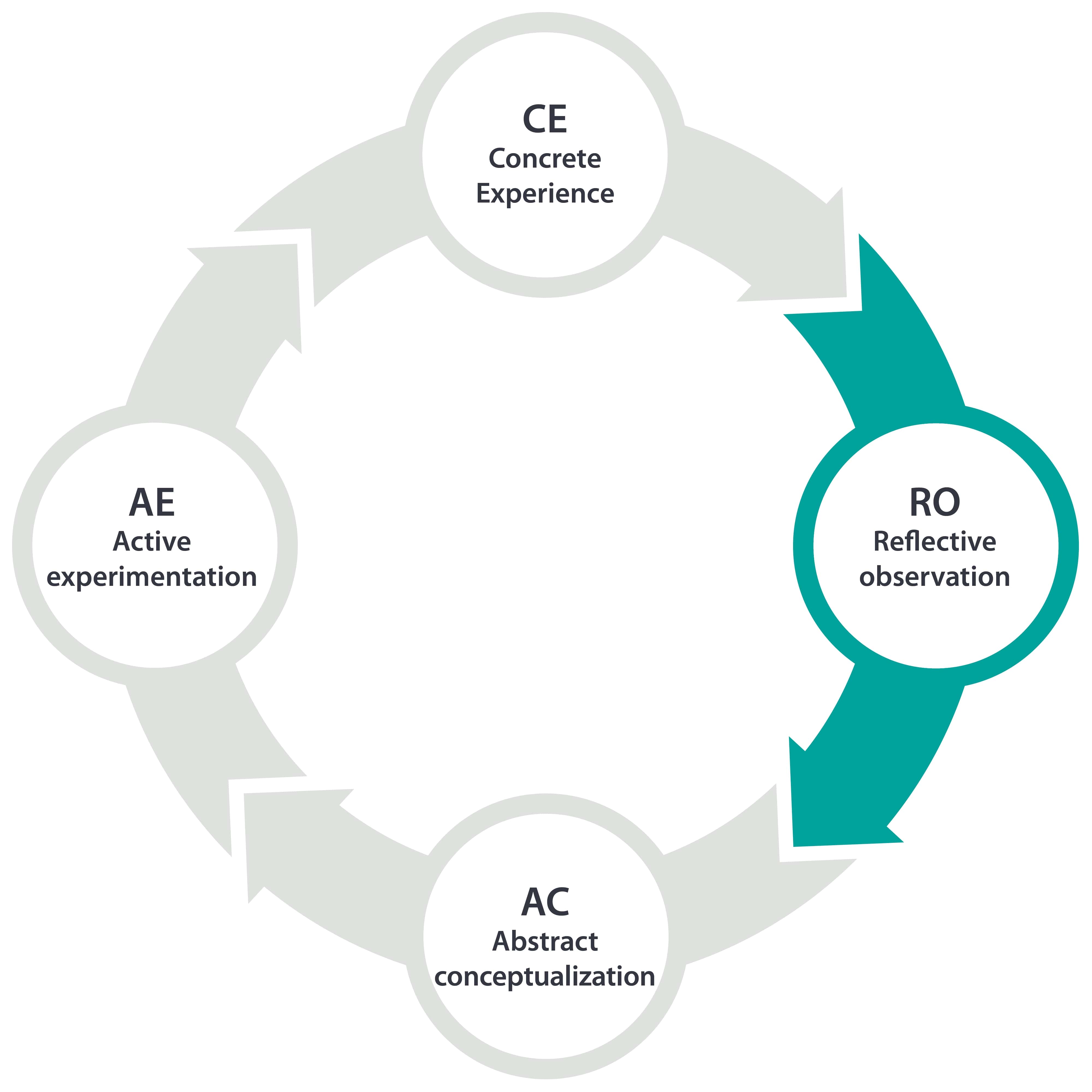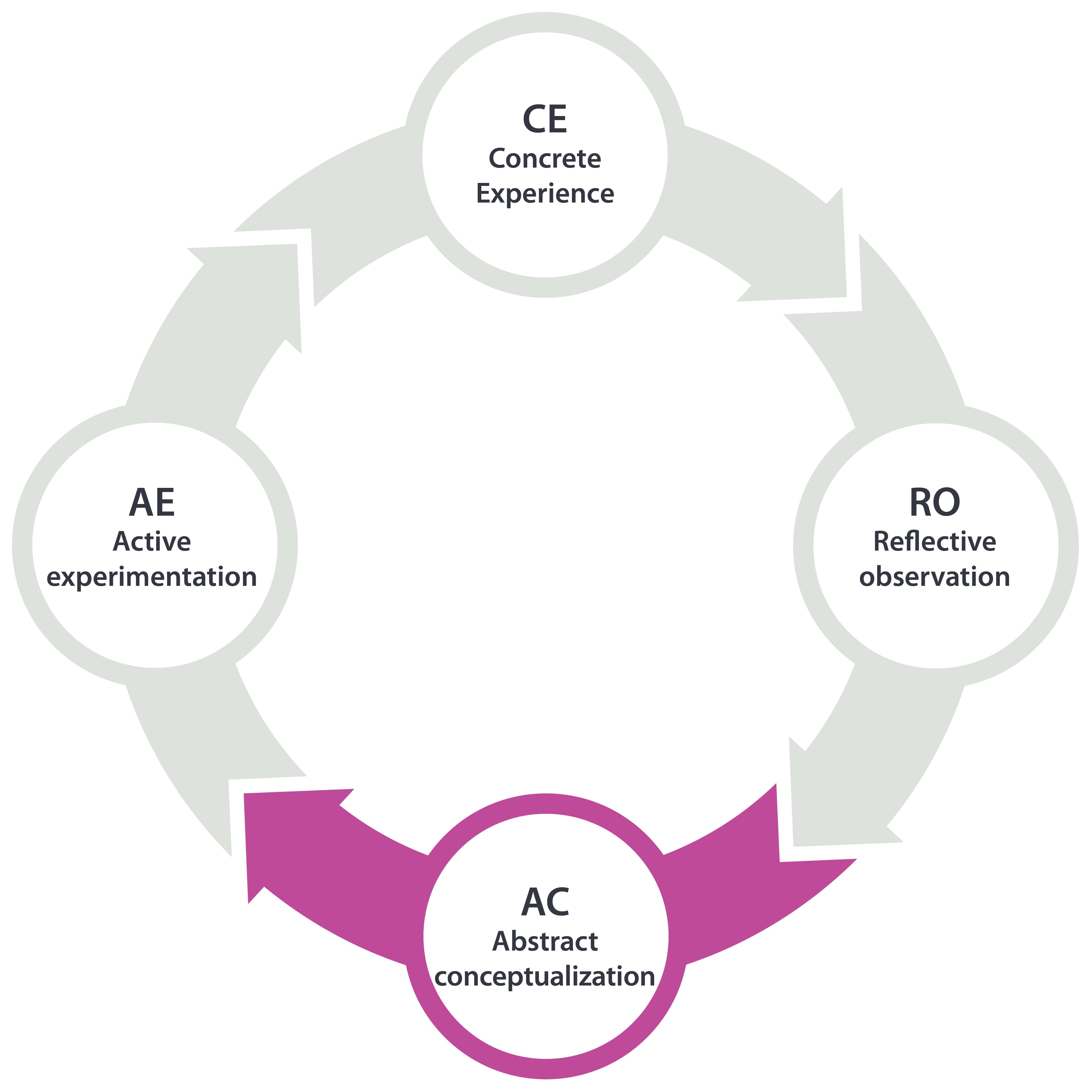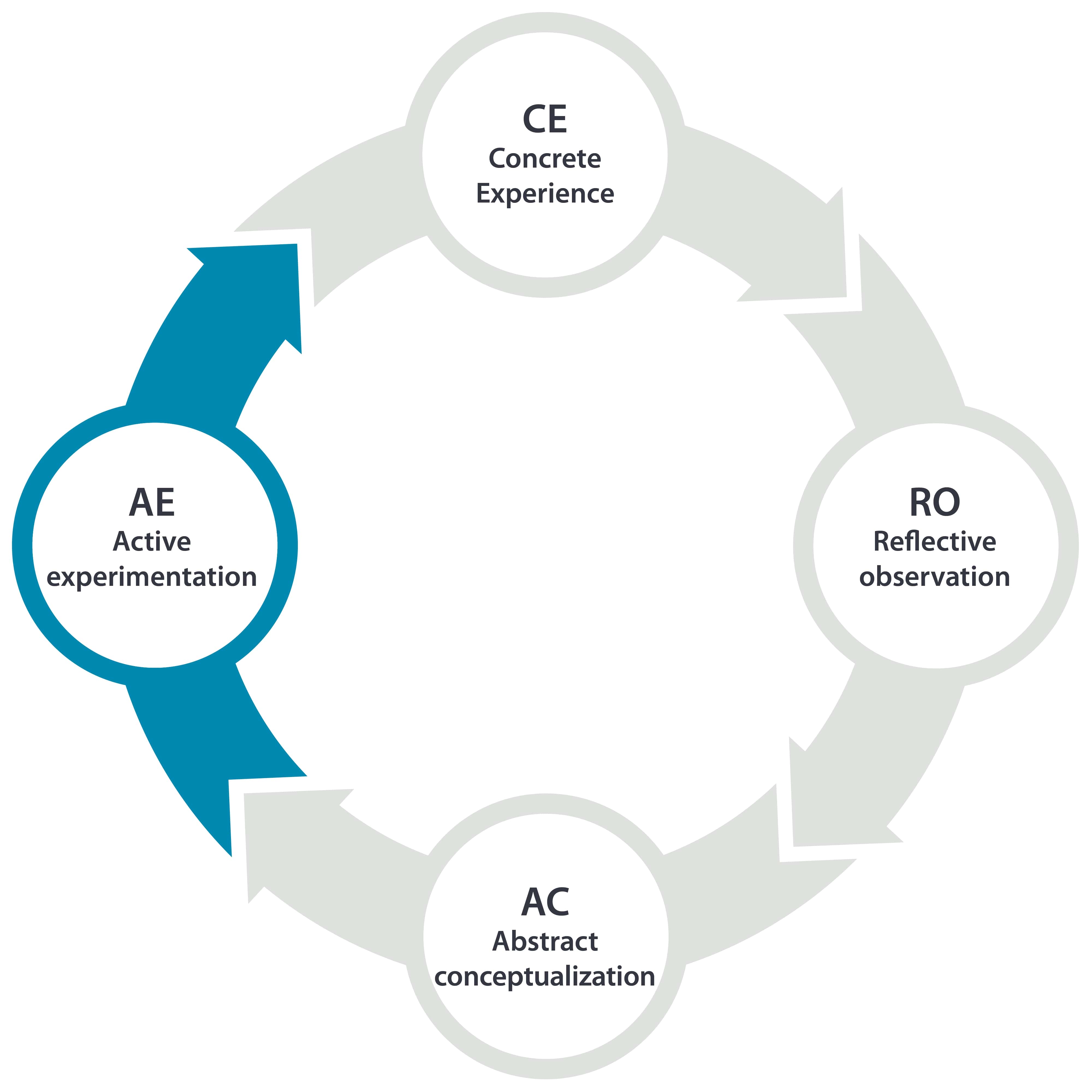1. When and how can I have access to my workshop?
You can access the workshop at any time you are available, from the starting to the end
date indicated in the training calendar. The workshops are held three times during the year.
2. Do I have to finish the workshop?
No, you do not have to finish the training you started. However, in order to obtain a
certificate, you will have to pass successfully the final exam, have accessed the content of the various
units and done the activities offered within.
3. How many hours will I need to complete the workshop?
This workshop could require approximately seven (7) hours of work. However, this time
could vary from one learner to the next.
4. Do I have to pass successfully the exam at the end?
You are invited to take an exam comprised of multiple choice questions in order to
validate your knowledge. If you need to, you can look at the content of the workshop during the exam.
You must pass the exam in order to obtain a certificate.
5. Have I successfully passed the exam?
You can make two (2) attempts to pass successfully the exam. Once you have finished the
exam, you must click on the “Submit Exam” button, at the bottom of the pate. A message will appear
indicating if you have passed or failed the exam. A 60% mark is necessary to pass the exam. Should you
fail the exam, you will then be allowed to take it a second time.
6. Where is my certificate and how can I get it?
In order to obtain a certificate for your participation, you must get a mark over 60% on
the final exam, you must have accessed the various units, and done the activities provided in these
units. The CNFS will provide a certificate to those participants who comply with the criteria. After
having successfully completed the final exam, your certificate will be available online in you CNFS
account, under the tab “Mon Cheminement” (My path).
7. Where can I get technical support?
Technical support is available free of charge during the University of Ottawa’s regular
office hours, throughout the duration of the workshops. Please fill in this form for that purpose.

